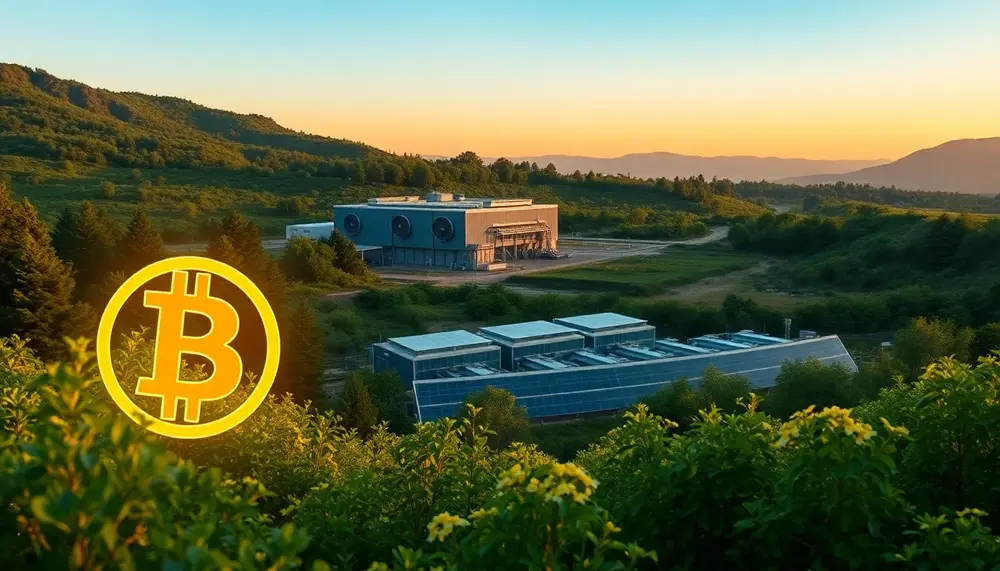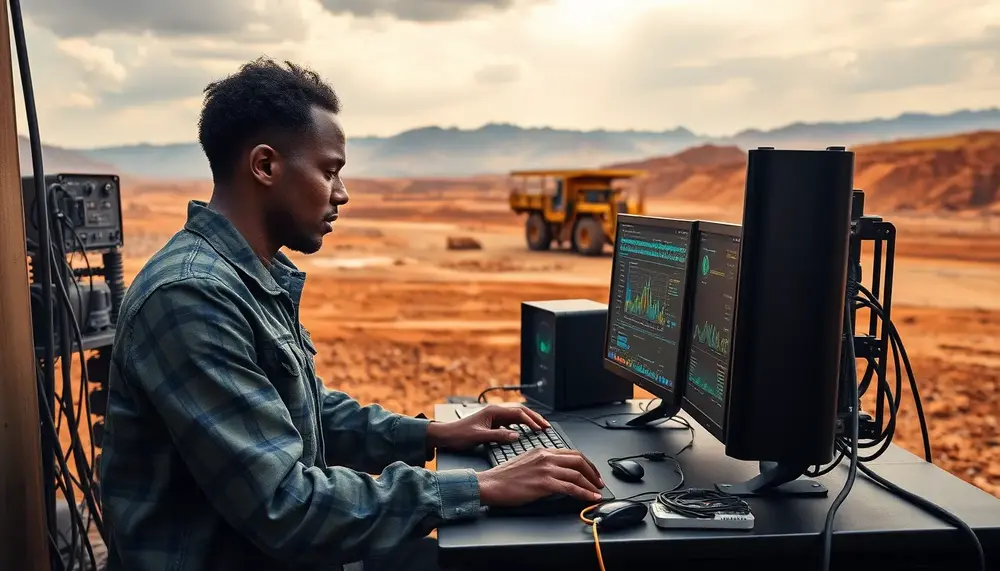Extraction
Extraction
Understanding Extraction in Bitcoin Mining
When it comes to Bitcoin Mining, the term 'Extraction' plays a central role. Extraction in Bitcoin Mining doesn't involve mining gear or earth-digging equipment, though it does borrow terminology from traditional mining.
What is Extraction?
Simply put, Extraction is the acquiring of Bitcoin by solving complex mathematical problems. These problems correspond to blocks in the Bitcoin network, known as the 'blockchain'. In essence, successful Extraction rewards the miner with Bitcoin.
How does Extraction work?
Extraction begins with miners using special software to solve cryptography puzzles. These are math problems that are designed to be hard to solve. They secure the network and make it hard for anyone to make changes to it. Each solution adds a new block to the blockchain. This is where the term 'Extraction' finds its relevance in Bitcoin Mining.
The link between Extraction and Bitcoin
Extraction is core to Bitcoin Mining, with miners around the world competing to solve the next block. The first miner to correctly solve the problem is rewarded with new Bitcoin, effectively extracting new coins into existence. This is the incentivizing feature that keeps the miners motivated and the blockchain network secured.
Mining Difficulty and Extraction
The difficulty of extraction varies, increasing as more miners join the network. The increase in difficulty ensures that Bitcoin is extracted at a stable rate, maintaining the balance of the network. This dynamic difficulty adjustment feature is crucial in sustaining efficient and fair extraction.
In Conclusion
In summary, Extraction in the context of Bitcoin Mining refers to the process of acquiring Bitcoin by solving difficult mathematical problems. It's the heart of Bitcoin Mining, ensuring both the security of the blockchain network and the introduction of new Bitcoin into the market.
Blog Posts with the term: Extraction

Strip mining is a surface mining method used to extract mineral deposits close to the earth's surface by removing overburden, with techniques like area and contour mining being particularly effective for coal extraction. While it offers efficiency and cost-effectiveness compared...

Mining taxes significantly influence global economic growth and investment attractiveness, with varied systems reflecting national priorities; understanding these helps ensure fair wealth distribution from natural resources. Effective tax rates (ETRs) are crucial for balancing investment attraction and revenue collection, impacting...

Mining taxation in Zimbabwe is crucial for economic growth, aiming to generate $12 billion annually by 2030, but faces challenges like mineral smuggling and inadequate reporting. Addressing these issues through policy adjustments such as enhancing regulatory capacity and closing legal...

The article discusses the potential introduction of mining royalties in the U.S., highlighting how outdated laws from 1872 have allowed miners to extract minerals without paying royalties, and explores current legislative efforts under the Biden administration aimed at modernizing these...

Finland's new mining tax law, effective from 2024, introduces a royalty-style tax on metallic minerals based on market value and a flat rate for non-metallic minerals to ensure fair state revenue; companies must strategize efficiently to maintain profitability under this...

Zambia's mining taxation system, initially designed for the copper industry with corporate income tax, mineral royalties, and export duties, may extend to cryptocurrency miners as digital currencies gain prominence; thus, crypto miners in Zambia should stay informed and adapt their...

The Mining Super Tax proposed by the Australian Greens imposes a 40% tax on mining companies' super profits, aiming to redistribute wealth from natural resources and requiring significant financial and operational adjustments in how these companies manage expenses, investments, cash...

Flux in mining is a chemical substance used to aid the extraction and purification of metals by removing impurities, lowering melting points, and preventing oxidation. Historically significant since ancient times, modern fluxes like borax, limestone, and fluorite continue to enhance...

Horizon Europe, the EU's largest research and innovation program with a budget of €95.5 billion from 2021 to 2027, focuses on scientific excellence, societal challenges, and industrial competitiveness; within this framework, it emphasizes sustainable and innovative mining practices essential for...

Singleton, located in the Hunter Valley region of New South Wales, Australia, is a significant mining hub known for its high-quality thermal and semi-soft coking coal. The area's extensive mining operations contribute substantially to the local economy through job creation,...

Mining bonuses are extra rewards in games that enhance your mining efforts, linked to skills and achievements; by strategically using tools, enchantments, and synergizing related skills like Alchemy or Artifice, players can significantly boost their resource yield....

Understanding mining tax law is crucial for miners to ensure compliance and optimize financial outcomes, with key deductions available for exploration, operational costs, and environmental compliance. The 26 U.S. Code § 617 allows deduction of exploration expenses but requires adding...

Zen crypto mining involves using specialized hardware like ASIC miners to mine ZEN coins on the Horizen blockchain, which emphasizes privacy and decentralization. To succeed in Zen mining, it's crucial to join a mining pool, configure settings correctly, secure your...

Mining tax exemptions allow companies to reduce their financial burdens, enhancing profitability and sustainability while encouraging economic growth through strategic mineral production. Understanding the legal framework and meeting specific eligibility criteria are crucial for mining companies to effectively leverage these...

Mining tax involves governments collecting revenue from companies extracting minerals, with varying rules and rates depending on factors like mineral type and location; understanding key terms such as eligible operator, amalgamation, environmental trust, assessment, and tax credits is crucial for...
